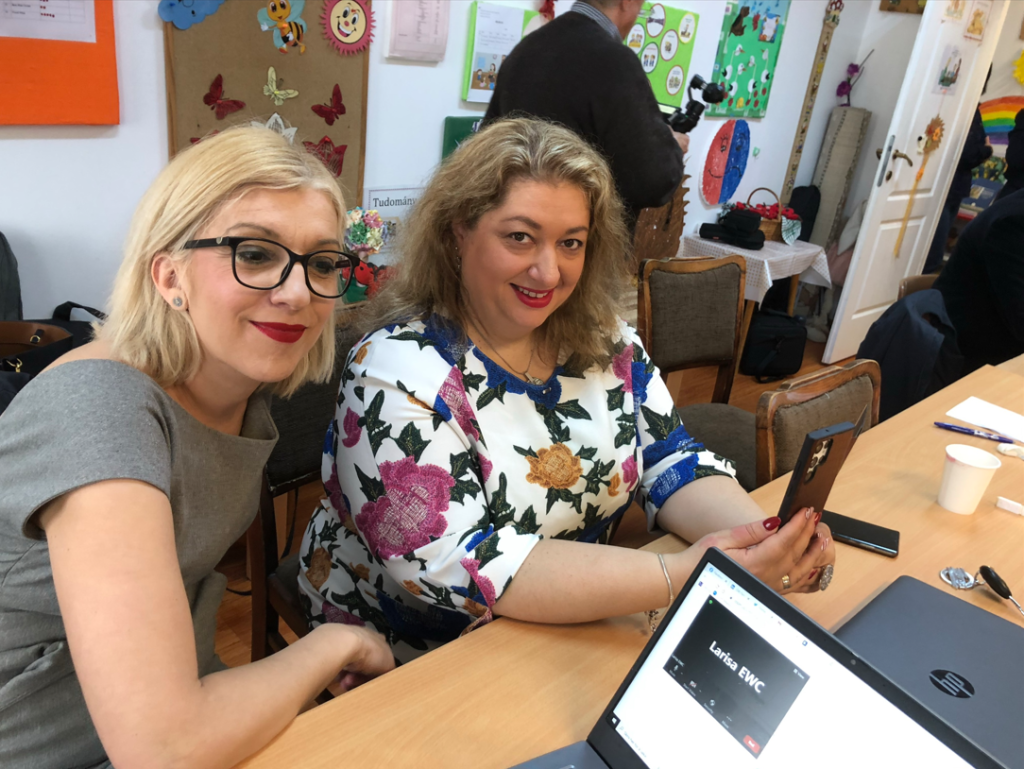
A dark and cold winter day at the home office in Oslo, Larisa Leganger Bronder receives a phone call from Romania. It is consultant Codruta Lucia Hiripan who asks a simple question: “Can the European Wergeland Centre (EWC) come to Satu Mare?
In 2021, Larisa Leganger Bronder had just started the job as an advisor at the EWC Teacher Education and Civil Society Section. She had previous experience from the Nordic Council of Ministers and Bellona, but this was the first time someone had reached out to her in her new role as advisor.
“This became my project,” laughs Larisa in her office, thinking back on the day the project in Satu Mare started. With a shoestring budget, but with a lot of enthusiasm, Larisa and her partners in Romania made a plan to provide in-school training to five schools in Satu Mare, deep within the Romanian countryside. It was the first time EWC provided trainings to such a rural area.
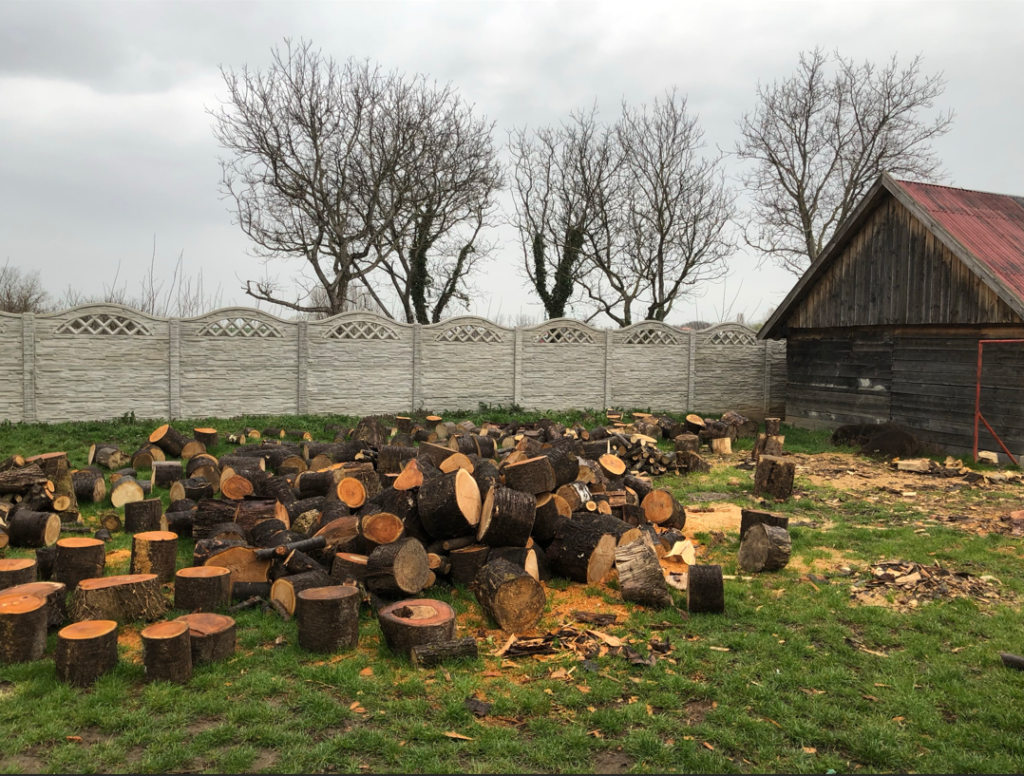
“They offered to house us and feed us,” Larisa laughs, referring to school staff in Satu Mare who were keen to get the project off the ground, despite the low budget.
EWC’s engagement in Romania didn’t start in 2021. In 2018, when financial support from EEA and Norway Grants made it possible to provide training in democratic education and inclusion to Romanian trainers who could pass on what they learnt to educators back home, EWC invited delegations from Romania to come to Norway.
In co-operation with the National Agency for Community Programmes in the field of Education and Vocational Training (ANPCDEFP), Teacher Training Houses, County Centers for Educational resources and Assistance, as well as the County School Inspectors, 48 participants from ten different Romanian counties received training in Oslo on how to build inclusive and democratic school environments.
The five schools in Satu Mare who reached out to EWC, had little experience in receiving trainers from abroad, and as this was a long way from the capital, the EWC delegation was picked up in the school staff’s own cars, and taken from Budapest to Satu Mare. The drive took four hours. The Romanian hospitality is something Larisa still remembers.
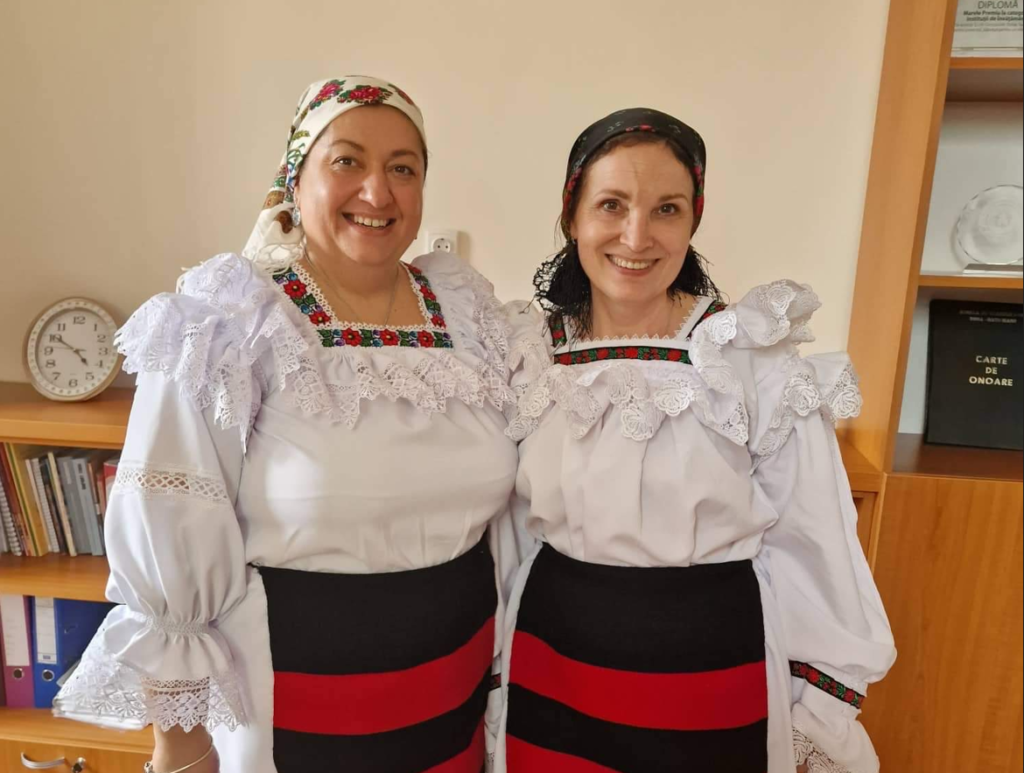
The project was given the name “School for All, All for School,” and Codruta Lucia Hiripan became one of the project managers.
The five schools in question, Doba school, Pir school, Mihai Viteazul Moftinu Mic school, Sauca school and Vetis school all have a large percentage of Roma students. About 8,32 per cent of the Romanian population belong to the Roma ethnic group according to the Council of Europe’s estimates. While diverse in terms of lifestyle, religious beliefs, and other characteristics, many Roma struggle with poverty, stigmatization, marginalization, gender disparity and academic underachievement.
Since it is EWC’s responsibility to compose the trainers’ team, it was important for Larisa, that the international training group going to Satu Mare, would include a trainer of Roma heritage, Ramiza Sakip Ademova.
“Nothing about Roma without Roma,” she says decidedly.
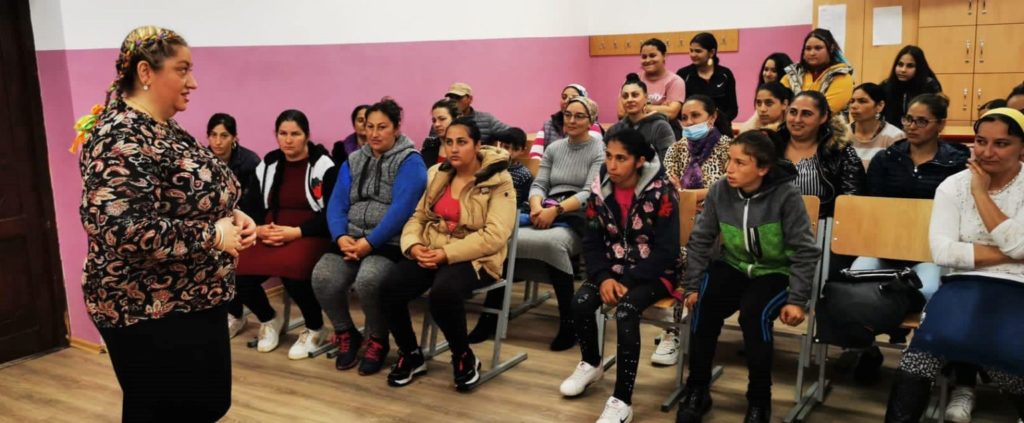
The international trainers Elizabeth Kasa Mlksoo and Ramiza Sakip Ademova that came to Satu Mare gave not only the teachers, but the entire school staff training in how to build a democratic and inclusive school environment for adults and children alike – involving both students and parents in the process.
“It is important that everyone is on the same page,” explains Larisa, “That everyone understands the importance of reflecting on your own stereotypes and biases, and develop competences to engage with diversity.”
All members of the Council of Europe have the responsibility to address the exclusion and discrimination of minorities. The training helped school staff gain a deeper understanding of challenges many marginalized communities face and gave them tools to encourage vulnerable students participate in school life.
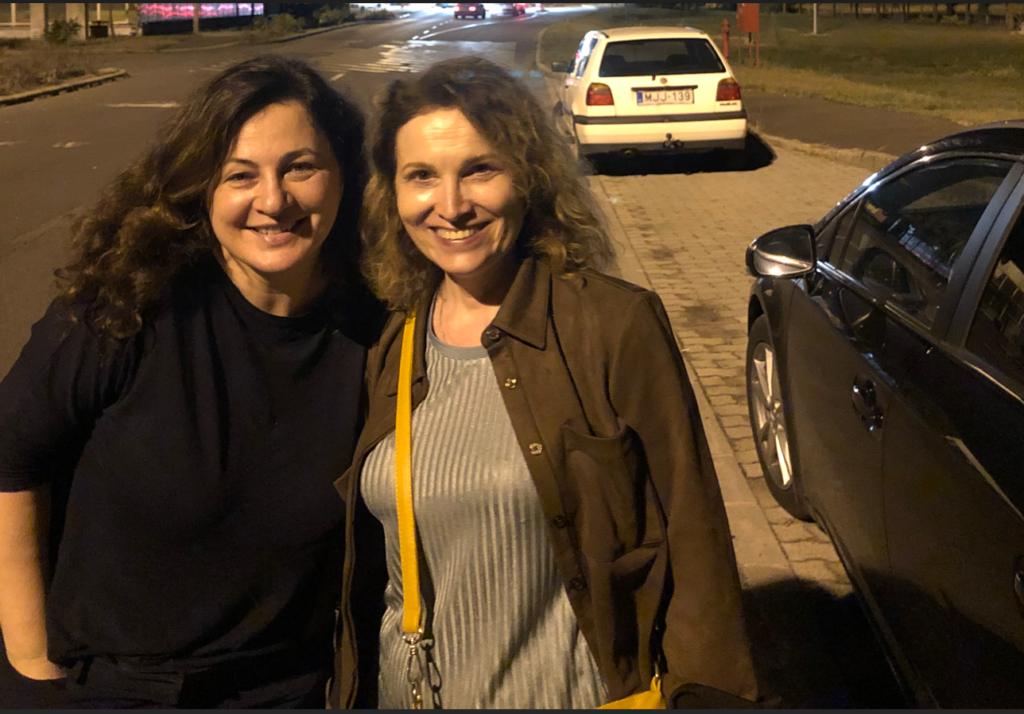
In 2024 the work continues. Eagerly, Larisa talks about EWC’s partnership with the Romanian Social Development Fund (RSDF). In 2022, EWC and RSDF implanted three training seminars in Oslo for Romanian education, resulting in 72 teachers receiving training. Building on the experiences, EWC will again provide training in how to build a democratic and inclusive school environment for all – this time to schools in the regions of Călărași and Suceava. Later this year, three five-day training seminars will be held in Oslo for teacher trainers, school principals and local officials.
Later six school-based trainings will be held in the two counties selected. Trainers trained in Oslo will have an opportunity to join the team of international trainers and put their newly gained knowledge and skills into practice.
It is important to involve the entire school staff in training, not just the teachers, Larisa explains: “An inclusive classroom does not make a school inclusive. Students need a safe environment beyond the classroom wall when in the school yard and the canteen.”
Through training for educators and a commitment to inclusivity, schools can foster environment where every student feels valued and respected and belonged.
All the EWC projects in Romania are funded by the EEA and Norway Grants.